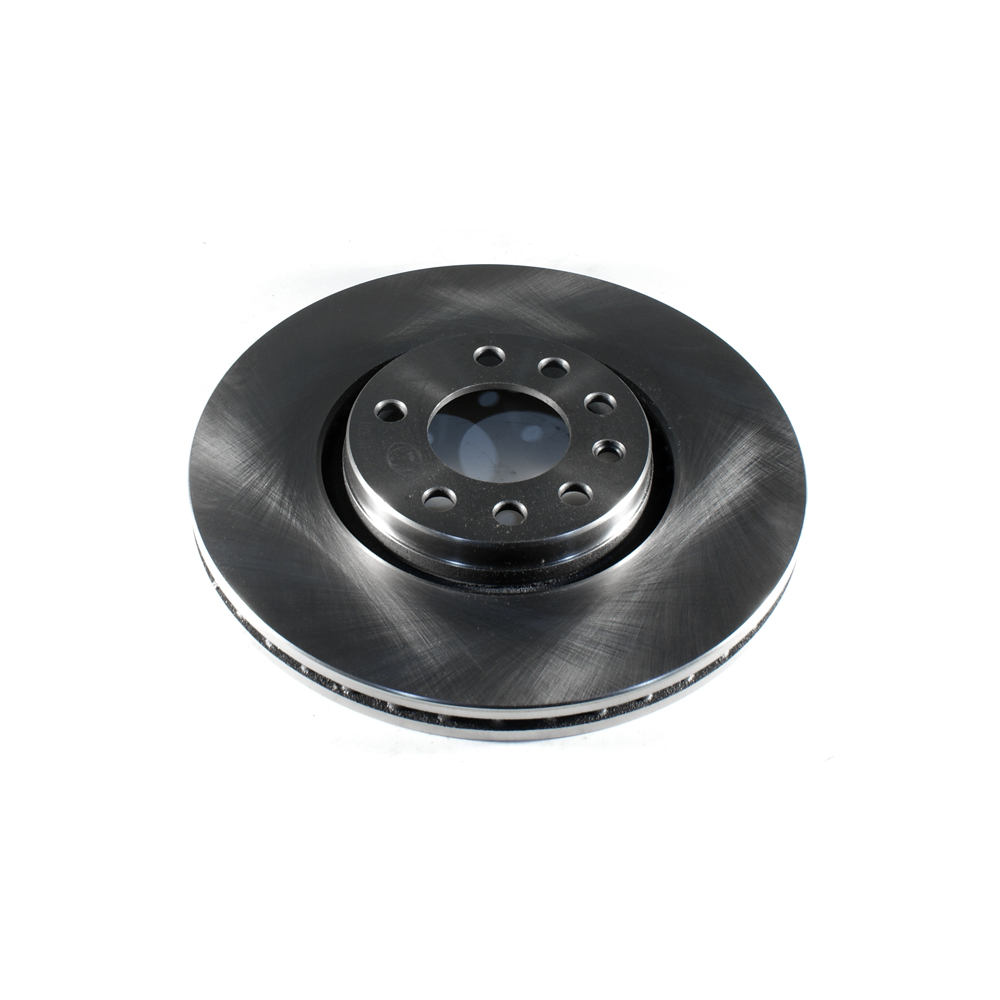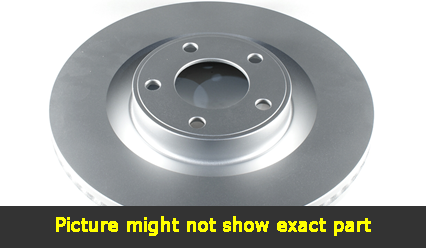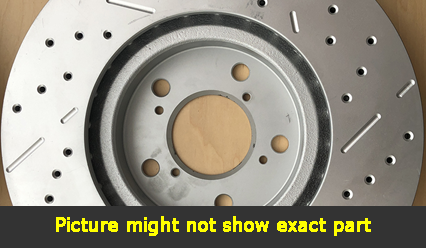2004 Chevrolet Zafira Brake Rotors and Pads
Click here to search another vehicle
All Rotors:
OEM x
Coated x
Drilled, Slotted and Coated x
Front x
Rear x
All Pads:
Ceramic x
Semi-metallic x
Front x
Rear x
Found 4 record

Part No: BR34248
Raybestos: 980057
OE: 9184405
Raybestos: 980057
OE: 9184405
$43.47 each
Per Car QTY: 2

Part No: PP34248
Raybestos: 980057
OE: 9184405
Raybestos: 980057
OE: 9184405
$61.69 each
Per Car QTY: 2

Part No: SP34248L
Raybestos: 980057
OE: 9184405
Raybestos: 980057
OE: 9184405
$94.09 each
Per Car QTY: 1

Part No: SP34248R
Raybestos: 980057
OE: 9184405
Raybestos: 980057
OE: 9184405
$94.09 each
Per Car QTY: 1
When it comes to the safety of your vehicle, few components are as crucial as the brakes. Whether you're driving on city streets or cruising on the highway, the brakes on your 2004 Chevrolet Zafira play a pivotal role in ensuring your safety as well as that of your passengers. In this article, we will explore the importance of brakes and provide you with some tips on maintaining and replacing the brakes for your 2004 Chevrolet Zafira.
The braking system of your 2004 Chevrolet Zafira is comprised of several key components, each playing a unique role in the overall performance of the system. The main components include the brake pads, brake discs or rotors, brake calipers, and brake lines. When you press the brake pedal, brake fluid is sent through the brake lines, applying pressure to the brake calipers. The calipers then squeeze the brake pads against the brake discs, creating friction that slows down and stops the vehicle.
Over time, the brake pads wear down due to the constant friction, requiring regular maintenance and replacement. The brake discs also experience wear and tear, eventually requiring resurfacing or replacement. It is essential to keep a close eye on the condition of your brake pads and discs, as any deterioration could compromise the effectiveness of your braking system, potentially leading to accidents or unsafe driving conditions.
Regular maintenance and inspection of your brakes are vital to ensure their optimal performance. Here are a few tips to keep your brakes in top shape:
1. Regularly check the thickness of your brake pads: Brake pads have wear indicators that make a screeching noise when they are getting too thin. If you notice this sound or the brake pad thickness is less than 3mm, it's time to get them replaced.
2. Watch out for signs of brake disc wear: If you feel pulsations or vibrations in the brake pedal when applying the brakes, it may indicate warped or worn brake discs. Additionally, any unusual noises such as grinding or squealing should be inspected promptly.
3. Monitor brake fluid levels: Brake fluid is essential for the proper functioning of the brake system. Low brake fluid levels may indicate a leak or a problem with the hydraulic system, which should be addressed immediately.
4. Get regular brake system inspections: Professional inspections by a certified mechanic are recommended to catch any potential issues before they escalate. They can examine the overall condition of your braking system and recommend any necessary replacements or repairs.
When it comes to replacing your brake pads, it is crucial to choose high-quality, trusted brands that meet or exceed the OEM specifications. Opting for genuine parts or OEM replacements ensures compatibility and reliability.
Brake replacement for your 2004 Chevrolet Zafira can be done by a qualified mechanic. However, if you have experience working on cars, you may choose to replace them yourself. Just make sure to follow proper safety procedures and consult your vehicle's owner manual for guidance.
In conclusion, understanding the importance of maintaining and replacing your 2004 Chevrolet Zafira's brakes is vital for your safety. Regular inspections and prompt replacements of brake pads and discs will ensure the optimal performance of your braking system, allowing you to have peace of mind while on the road.
The braking system of your 2004 Chevrolet Zafira is comprised of several key components, each playing a unique role in the overall performance of the system. The main components include the brake pads, brake discs or rotors, brake calipers, and brake lines. When you press the brake pedal, brake fluid is sent through the brake lines, applying pressure to the brake calipers. The calipers then squeeze the brake pads against the brake discs, creating friction that slows down and stops the vehicle.
Over time, the brake pads wear down due to the constant friction, requiring regular maintenance and replacement. The brake discs also experience wear and tear, eventually requiring resurfacing or replacement. It is essential to keep a close eye on the condition of your brake pads and discs, as any deterioration could compromise the effectiveness of your braking system, potentially leading to accidents or unsafe driving conditions.
Regular maintenance and inspection of your brakes are vital to ensure their optimal performance. Here are a few tips to keep your brakes in top shape:
1. Regularly check the thickness of your brake pads: Brake pads have wear indicators that make a screeching noise when they are getting too thin. If you notice this sound or the brake pad thickness is less than 3mm, it's time to get them replaced.
2. Watch out for signs of brake disc wear: If you feel pulsations or vibrations in the brake pedal when applying the brakes, it may indicate warped or worn brake discs. Additionally, any unusual noises such as grinding or squealing should be inspected promptly.
3. Monitor brake fluid levels: Brake fluid is essential for the proper functioning of the brake system. Low brake fluid levels may indicate a leak or a problem with the hydraulic system, which should be addressed immediately.
4. Get regular brake system inspections: Professional inspections by a certified mechanic are recommended to catch any potential issues before they escalate. They can examine the overall condition of your braking system and recommend any necessary replacements or repairs.
When it comes to replacing your brake pads, it is crucial to choose high-quality, trusted brands that meet or exceed the OEM specifications. Opting for genuine parts or OEM replacements ensures compatibility and reliability.
Brake replacement for your 2004 Chevrolet Zafira can be done by a qualified mechanic. However, if you have experience working on cars, you may choose to replace them yourself. Just make sure to follow proper safety procedures and consult your vehicle's owner manual for guidance.
In conclusion, understanding the importance of maintaining and replacing your 2004 Chevrolet Zafira's brakes is vital for your safety. Regular inspections and prompt replacements of brake pads and discs will ensure the optimal performance of your braking system, allowing you to have peace of mind while on the road.


